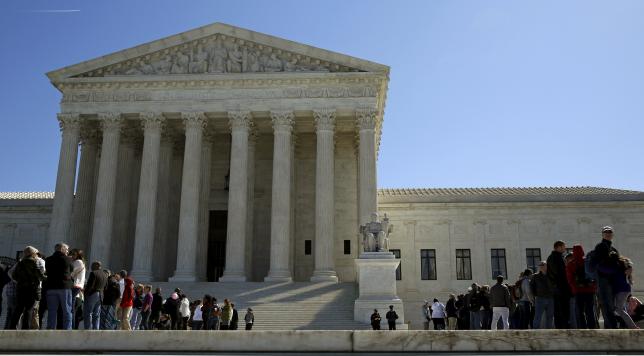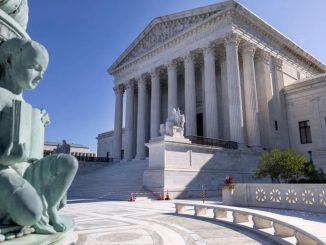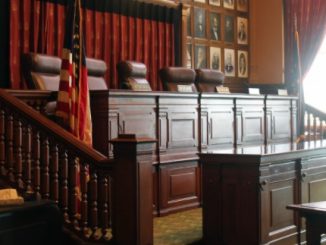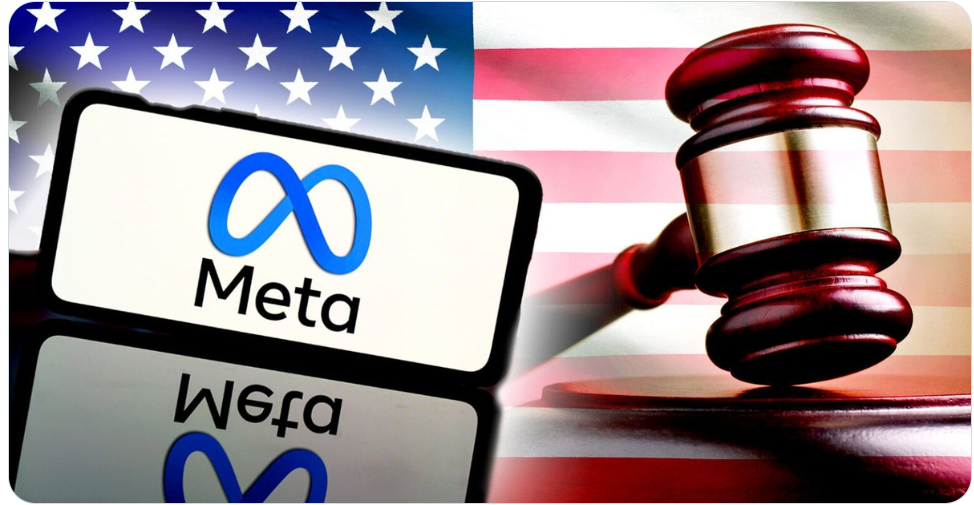
National Public Voice
EDWEEK
By Mark Walsh March 19, 2018

The question is, “how much freedom of speech protection may a teacher expect?”
The U.S. Supreme Court on Monday declined to take up the appeal of a former New York City teacher who traced her dismissal to a clash with administrators over whether it was appropriate to teach her 9th grade students about the “Central Park Five,” a group of teenagers convicted of the brutal 1989 rape of a female jogger but later exonerated in the notorious incident.
Lawyers for the ex-teacher, Jeena Lee-Walker, had urged the justices to grant review of her case to decide whether public school teachers have First Amendment free speech rights in the classroom. They argued that the federal appeals courts are in disagreement about whether a key 2006 Supreme Court decision removing First Amendment protection from most on-the-job speech by public employees applies to educators.
The 2006 case, Garcetti v. Ceballos , had involved a prosecutor’s office and the court’s opinion left some uncertainty about whether it would apply to “scholarship or teaching.” Many lower courts, with some exceptions, have applied Garcetti to educators in a way that denies them any First Amendment protection for their teaching.
Lee-Walker’s troubles began in 2013 when she was a 9th grade English teacher at the High School for Arts, Imagination, and Inquiry in Manhattan. An assistant principal conducted a classroom observation and noticed a lesson about the Central Park Five, which Lee-Walker was using to teach about the dangers of rushing to judgment and what that meant for black males.
The five black males convicted in the 1989 rape served 10 years in prison before they were exonerated after the actual perpetrator confessed and his story was supported by DNA evidence.
The assistant principal, Christopher Yarmy, questioned whether there had been a rush to judgment and asked Lee-Walker to offer a more balanced lesson, court papers say.
The conflict over the Central Park Five lesson subsided, but Lee-Walker contends she was labeled as obstinate and insubordinate, leading to her eventual non-renewal as a probationary teacher. She sued administrators and the New York City school system alleging that her dismissal was retaliation for exercising her First Amendment rights in the classroom.
A federal district court agreed that Lee-Walker’s free speech rights were violated, but it granted qualified immunity to the defendants.
The U.S. Court of Appeals for the 2nd Circuit, in New York City, in 2016 affirmed the qualified immunity finding on different grounds. That court noted that it had not yet decided whether Garcetti applied to classroom instruction and thus there was no clearly established law upon which administrators would understand that Garcetti had removed such protections from the teacher.
The teacher’s Supreme Court appeal in Lee-Walker v. New York City Department of Education (Case No. 16-4164) asked the justices to resolve a circuit split over First Amendment protections for classroom instruction.
The advocacy group Foundation for Individual Rights in Education filed a friend-of-the-court brief in support of Lee-Walker.
“The First Amendment bears a special relationship to the classroom, where academic freedom is essential to facilitating the marketplace of ideas,” the brief said. “Despite this important relationship between the First Amendment and academic freedom, the law governing the limits of public educators’ freedom of speech in the classroom has been left in a state of uncertainty” since Garcetti, it said.
The New York City school system and the individual defendants did not file a response to the appeal and the high court did not request one.
The justices declined the appeal without comment.




Be the first to comment